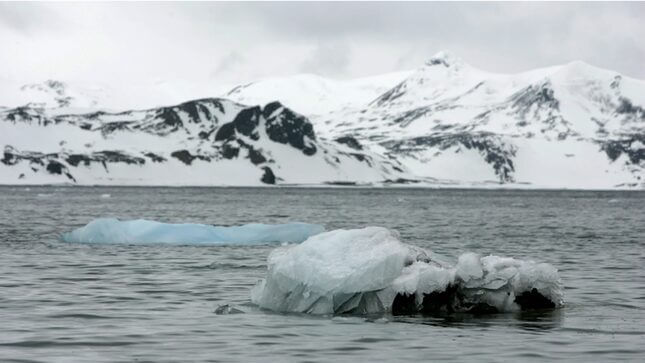It’s apparent that where there are people, there is sexual harassment—and unfortunately, sparsely populated regions, such as Antarctica, have proven to be no different.
In a new paper, Meredith Nash, an associate professor of sociology at the University of Tasmania, makes the case that in order to curb harassment in far-flung areas, such as Antarctic research stations, the structure of expeditions will have to change.
In 2017, noted Antarctic geologist David Marchant was accused of sexually harassing at least two former graduate students over the course of several expeditions in the span of 20 years. He was finally fired last year, but Nash argues that removing a single bad actor won’t solve the larger problem. Per Buzzfeed:
“All of the things that women and other marginalised groups contribute are lost as a result of the fact that we can’t keep them safe,” she said. “This happens in polar research, it happens in mining, it happens in archeology, it happens anytime women are put in remote, isolated settings.”
In order to shift this power dynamic, Nash wants more thorough pre-deployment preparation that encourages researchers to be “self-reflexive” about how their race, gender, sexuality and class could impact the experience of those around them.
“For instance, the experience of living in close quarters where white heterosexual men predominate and without the possibility of exit is one that comes up regularly in the stories of fieldwork from women and other marginalised groups,” the paper notes.
As the paper’s co-author, Dr. Hanne Nielsen points out, women shouldn’t have to wait for problems to arise for change to occur. “It is a case of saying ‘how do we make sure that this is an inclusive and safe workplace for people of any gender, ability and background?’” she said.

